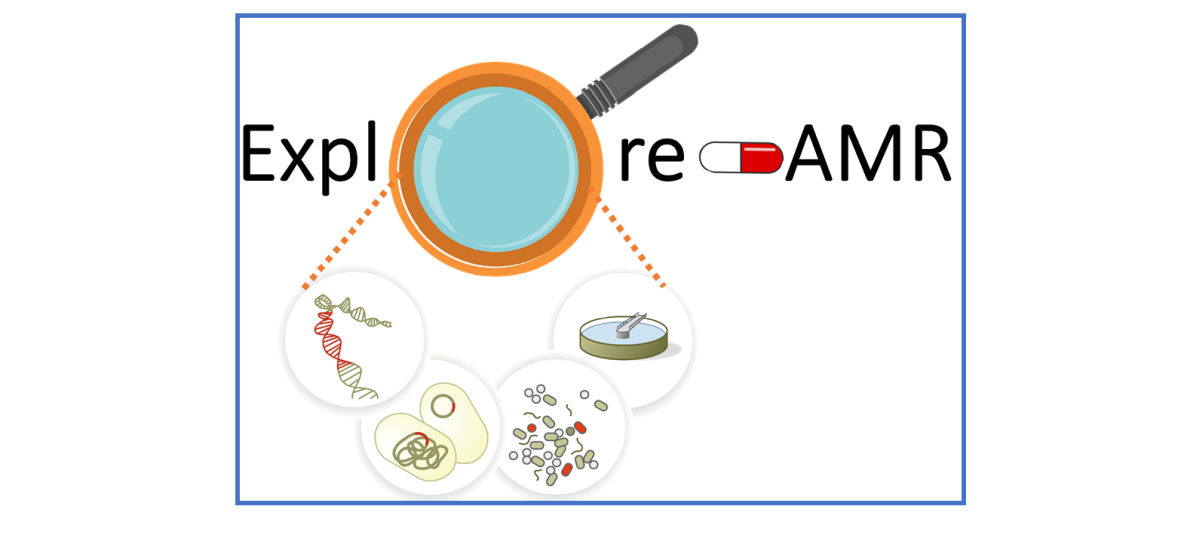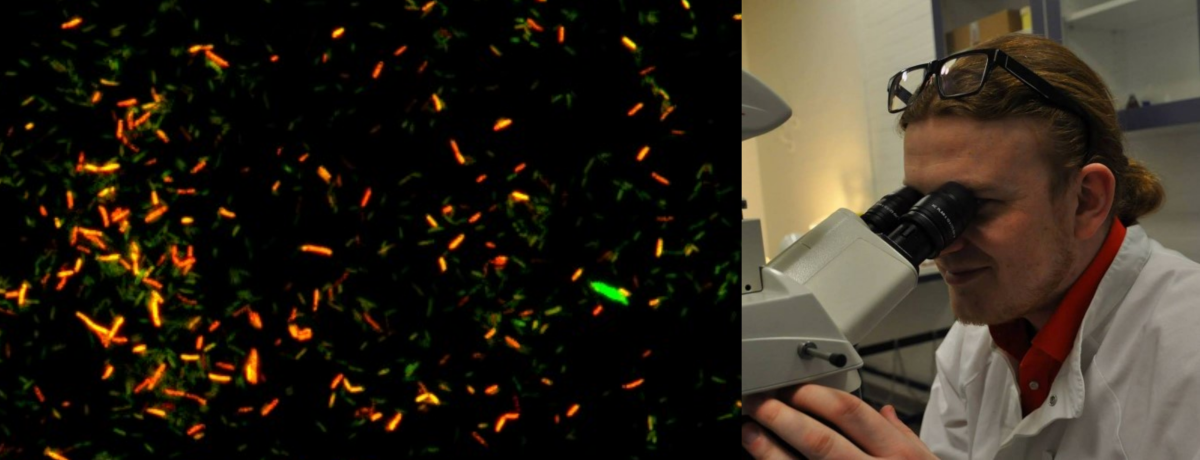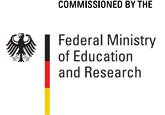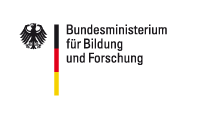Tackling the 'slow pandemic' of antimicrobial resistance (AMR) is one of the biggest challenges facing human health. Between one and five million deaths annually are directly caused by, or associated with, antibiotic resistant bacterial infections. Within this context, the environment plays a crucial role as a reservoir and pathway for the spread of AMR.
The Technische Universität Dresden (Germany) together with a Chinese consortium led by Tsinghua University, frontrunners in exploring the environmental dimensions of AMR, are bringing together complimentary methodological expertise to improve surveillance and risk assessment of AMR in environmental compartments and mitigate its spread.

Project Explore-AMR © TU Dresden
Background
Infections with pathogens that are resistant to antibiotics are predicted to be the leading cause of death by 2050, with current estimates suggesting over 1 million people are already dying every year from drug-resistant bacterial infections. Antibiotic resistance genes (ARGs) are one of the main ways in which bacteria acquire resistance, they can spread rapidly through bacterial communities in humans, animals and the environment, making antibiotics less effective and leading to infections that are difficult or impossible to treat.
Clinical aspects of the spread of antimicrobial resistance (AMR) have been widely addressed. However, the environmental dimension remains understudied. Yet considering the environment is crucial because it serves as a reservoir and pathway for the spread of ARGs. Contaminated water, soil, and air can facilitate the transfer of antibiotic-resistant bacteria and ARGs between environmental, human, and animal settings, creating a cycle of increased resistance. Addressing the environmental aspect of AMR is essential for a comprehensive approach to mitigating the global threat of antibiotic resistance and preserving the effectiveness of crucial antimicrobial drugs for future generations. Consequently, robust standardised AMR monitoring protocols and novel methods to associate environmental AMR abundances with human health risks need to be established.
Project, objectives and results
The foundation of this project is the establishment of robust standardised protocols for monitoring and risk assessment of environmental AMR. This is achieved by developing and optimising a diverse set of culture-based, molecular and bioinformatic methods to analyse the distribution, the mobility and the hosts of ARGs in different environmental compartments.
For instance, a new molecular method to determine the mobility potential of ARGs and hence their potential to end up in human pathogens was already developed in the project. By taking advantage of multiplexed ddPCR technology, which was widely applied in COVID19 surveillance campaigns, the rapid and cost-efficient nature of this method provides clear advantages for future AMR surveillance and risk assessment efforts. Furthermore, using advanced sequencing-based methods, the distribution and associated health threats of AMR in the Shenzhen Megacity environment was mapped within the project. This allowed identifying main sources of AMR pollution, which can serve as targets for future mitigation efforts.

Bacteria under the microscope © TU Dresden
By combining results from different methods and the recorded sample metadata, the project now focuses on identifying suitable indicators associated with predicting high risks to human health to be used in future surveillance campaigns. Further, coherent standardised protocols to determine the proposed indicators in environmental matrices in a cost- and labour-efficient manner will be set up.
Coordinator
Prof. Dr. Thomas U. Berendonk
Institute Director
Institute for Hydrobiology
Technische Universität Dresden
Tel.: +49 351 463 34956
thomas.berendonk@tu-dresden.de
Website
Contact
Contact Person in Germany
Dr. Uli Klümper
Senior Researcher
Institute of Hydrobiology
Technische Universität Dresden
Tel.: +49 351 463 43273
uli.kluemper@tu-dresden.de
Website
Contact person in China
Prof. Dr. Bing Li
Associate Professor
Shenzhen International Graduate School
Tsinghua University
Tel: +86 755 0755 26036437
bingli@sz.tsinghua.edu.cn
Website









